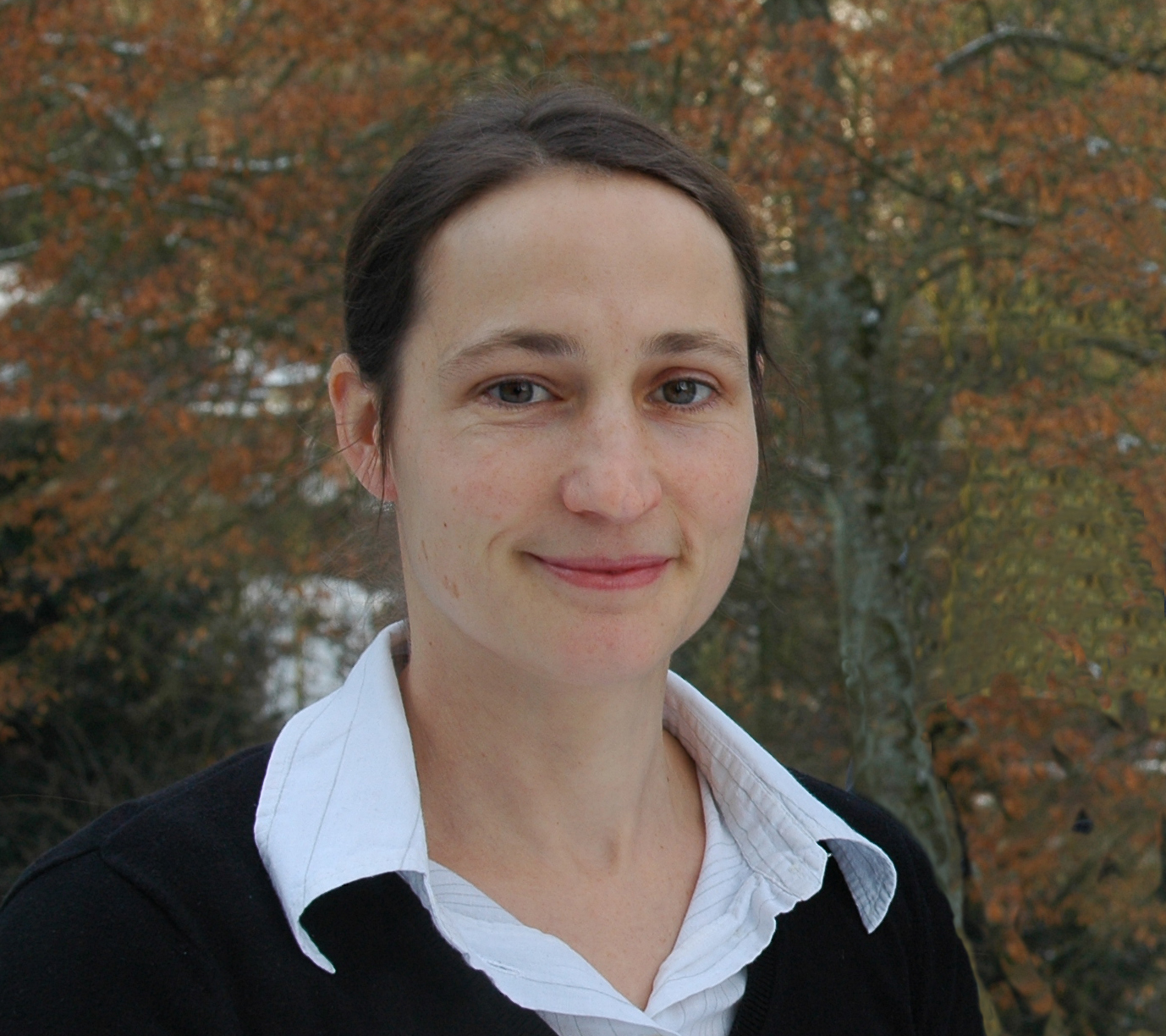Pia Grzesiak – Journalist in Residence 2013

TV journalist Pia Grzesiak stayed at HITS as Journalist in Residence from April to July 2013.
Already during her Biology studies at the University of Bonn, she worked on scientific topics for a big German public broadcasting institution. For over ten years now, she is working as a freelance science journalist. She is regularly writing scripts and is producing movies on scientific and medical topics for German TV broadcasters. Her work covers anything from short explanations to documentaries.
Pia Grzesiak ceased her opportunities as Journalist in Residence and produced two movies on different aspects of data-driven science. One of those movies gives an insight into the research of the Molecular Biomechanics (MBM)-group, explaining the “von Willebrand factor”, a blood glycoprotein involved in hemostasis. Pia’s other movie was produced with the Scientific Computing (SCO)-group and shows how they use and process enormously large amounts of data to map the evolution of insects. The movie reveals the potential of Big Data.
During her time at HITS, Pia also gave a public talk on how difficult it is to produce high-quality scientific TV shows – a balancing act between presenting facts in an interesting way and a purely entertaining show that does not really inform the viewers.
About her stay at the institute she said:
“I was surprised how many interesting and relevant topics are hidden behind those mountains of theoretical and invisible data. Here at HITS I had the opportunity to have a closer look and to deal with issues there is no time for in normal daily business. It was a great experience.”
About HITS
HITS, the Heidelberg Institute for Theoretical Studies, was established in 2010 by physicist and SAP co-founder Klaus Tschira (1940-2015) and the Klaus Tschira Foundation as a private, non-profit research institute. HITS conducts basic research in the natural, mathematical, and computer sciences. Major research directions include complex simulations across scales, making sense of data, and enabling science via computational research. Application areas range from molecular biology to astrophysics. An essential characteristic of the Institute is interdisciplinarity, implemented in numerous cross-group and cross-disciplinary projects. The base funding of HITS is provided by the Klaus Tschira Foundation.